Everyone deals with the loss of a loved one at some point in their life, including IAFF members. Whether it’s a co-worker, spouse, family member or friend, the experience of suddenly losing someone you care about cannot be put into words. Intense feelings of sadness may persist for months or years. In some cases, life may never be the same.
Grief is a natural part of coming to terms with a loss, but when grief negatively impacts several areas of your life, it may be time to seek professional help. Complicated grief can be debilitating without proper intervention. The weight of the loss may feel too heavy to bear, but you don’t have to handle it alone. With compassion, support and the right professional resources, you can overcome complicated grief and get back to the work you love.
Normal Grief
Bereavement is a deeply personal matter. No two experiences of grief are exactly alike, and the process rarely follows a linear, neat path. It’s natural to experience a wide range of negative reactions in the wake of a loss, including sadness, trouble sleeping, difficulty enjoying previously shared activities, anger and painful reminders of the lost loved one. In many cases, this grief can linger in one form or another for a lifetime.
Fortunately, most people are able to move forward from their loss and experience fulfilling lives without their loved one. While there is no set timeline for grief, some survivors can resume usual activities, experience happiness and remember their loved ones without debilitating mental anguish, within six months of the loss.

Complicated Grief
Sometimes, grief remains debilitating months or years after the initial loss. This is referred to as complicated grief. Complicated grief does not dissipate over long stretches of time, and may involve chronic sadness, irritability, anger or despair. Those suffering from complicated grief may find minimal relief begin in available social support, have difficulty functioning on a day-to-day basis or even experience recurring thoughts of death tied to feeling worthless, undeserving or unable to cope. While complicated grief is not recognized or diagnosed as a mental health disorder, it often requires professional intervention. Some individuals who cope with complicated grief will meet full clinical criteria for major depressive disorder and require appropriate treatment. According to Dr. Holly G. Prigerson, between seven and 10 percent of individuals struggle with complicated grief.
Certain factors can put individuals at particularly high risk of complicated grief. These include:
- Lack of familial or social support
- Death of a spouse or child
- History of mental health struggles
- Grief associated with a violent or traumatic death
Grief is a normal and natural part of life. But when complicated grief begins to take hold, it’s important to seek help sooner rather than later. Early intervention can help individuals work through loss, and learn how to live fulfilling, meaningful lives despite personal tragedy.
The line between grief and complicated grief isn’t always clear. But if you or another IAFF member is struggling with grief, know that you don’t have to suffer in silence any longer. If left untreated, complicated grief can transform into other problems, including depression and addiction. Help is available, and it’s only a call away.
The IAFF Center of Excellence helps fire fighters and paramedics work through mental health struggles and substance use disorders in a comfortable, supportive environment. The Center treats grief, post-traumatic stress disorder (PTSD), depression, anxiety, substance abuse, and addiction. We’re here to support you and help you get back to the work you love. Reach out to an intake coordinator today for more information.




